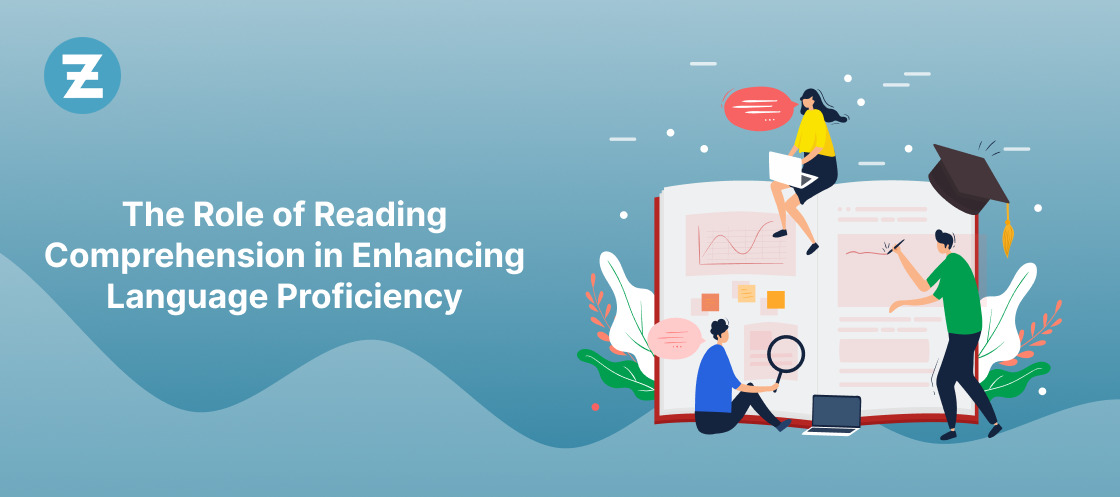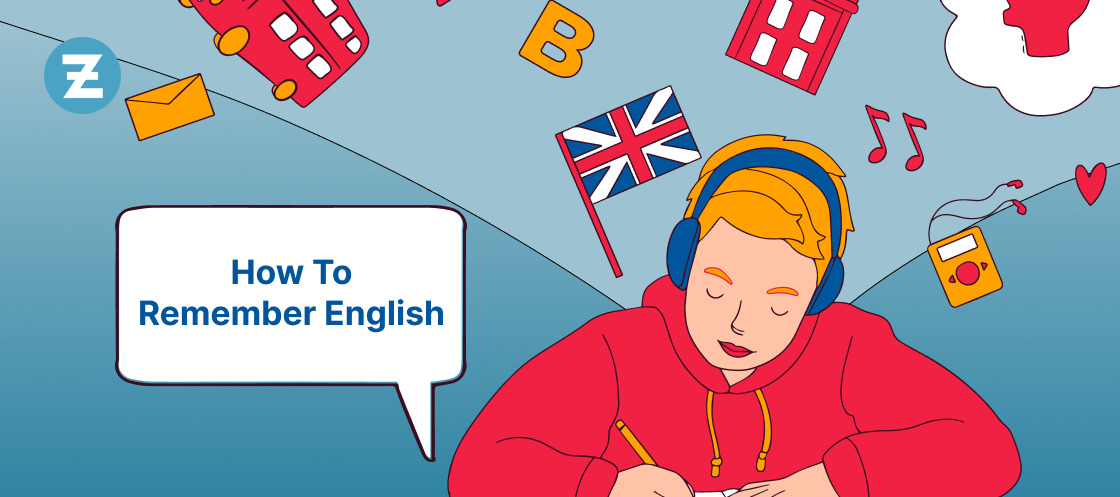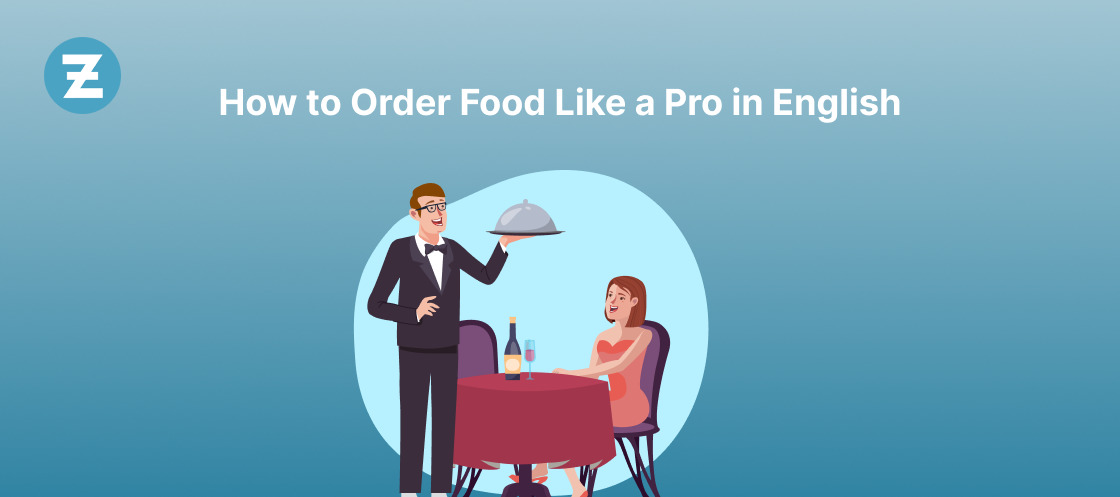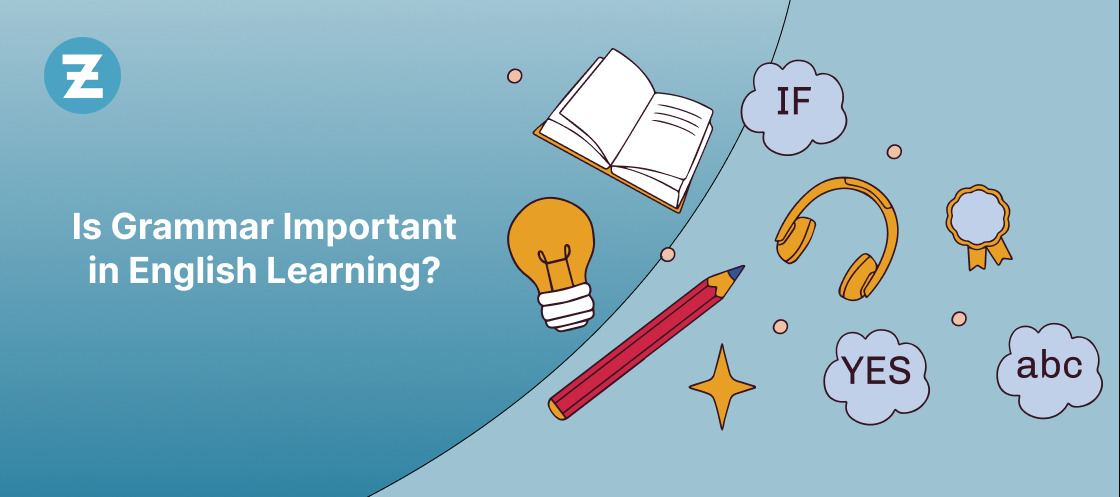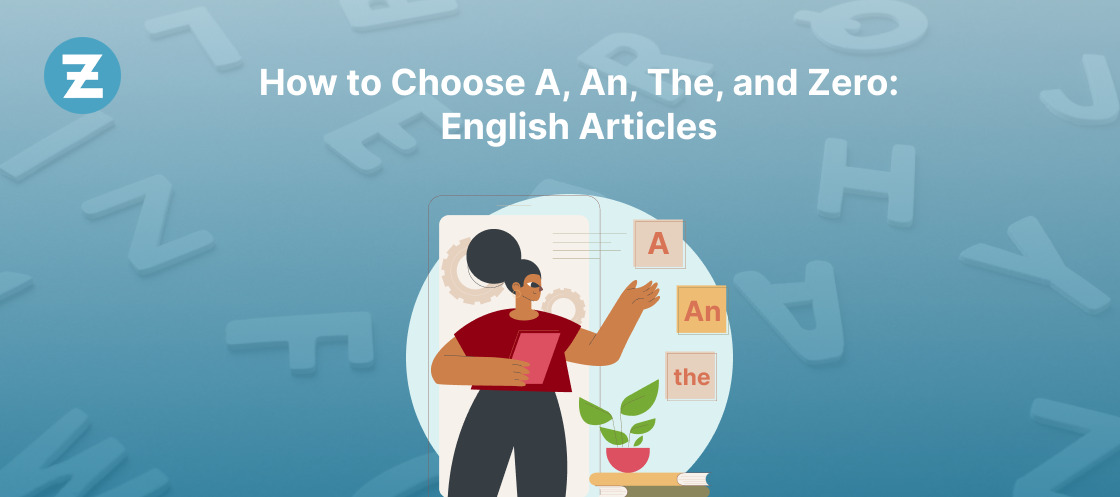I still remember the first time I requested it by name. I was an exchange student in Strasbourg, France, living with a wonderful Strasbourgeoise family close to the Palais de L’Europe where the United Nations often meet. (More recently it has been the site of protests against the policies of President Emmanuel Macron.) My host family enjoyed long, loud meals around the dining room table, presided over by my “host mother, ” a wise Buddhist divorcee with three children and a wonderful sense of humor. When I told her I had been frequenting a bar called “Le Trou” (French for “The Hole,” meaning prison), her dry response was “deja?” (French for “already?”).
One day she asked me what I might like to eat for dinner the following night. I thought for a moment. I knew the French were famous for their preparation of Fish and I happened to know the word for it. I told her what I wanted. At this, her eyebrows raised. “C’est vrai?” She grinned impishly at me, evidently wondering if I wanted to re-consider my choice. I repeated my request, sure that I was indeed pronouncing the word correctly, or correctly enough at any rate. We went around like this for a while, until I double-checked the pronunciation in my pocket dictionary. With a shock, I discovered that the French word for “fish” is actually “poisson,” with an “sss” sound, and that the French word for “poison” uses a “Z” sound. Essentially I had requested that this woman murder me. Loused up by a single letter! Stymied by a sibilant! I recall at that moment thinking how cruel language learning could be.
Perhaps this incident of mispronunciation stuck in my head when, as a teacher many years later, I came up with the idea for Zoundslike. As I listened to students struggle to differentiate between “though,” “tough” “thorough,” and “through,” I empathized with their struggle. I realized that, though these words are tough to pronounce, a thorough education can get one through.
Indeed each language has its own specific linguistic restrictions that make the acquisition of another language so challenging. Without the “short ‘i'” vowel sound in French, a Francoise may try to to say “kiss” but instead say, “keys.” Thais, whose language lacks the voiced sound “ch,” may accidentally “shoes” something when they mean to “choose.” Brazilians who intend to say “three” often say “tree.” These common mispronunciations (and their accompanying misspellings) may be the difference between successful and unsuccessful communication, between proficiency and fluency. These errors may be the difference between someone getting hired for a job and getting passed over. Or between requesting a helping of fish or a dose of poison.



